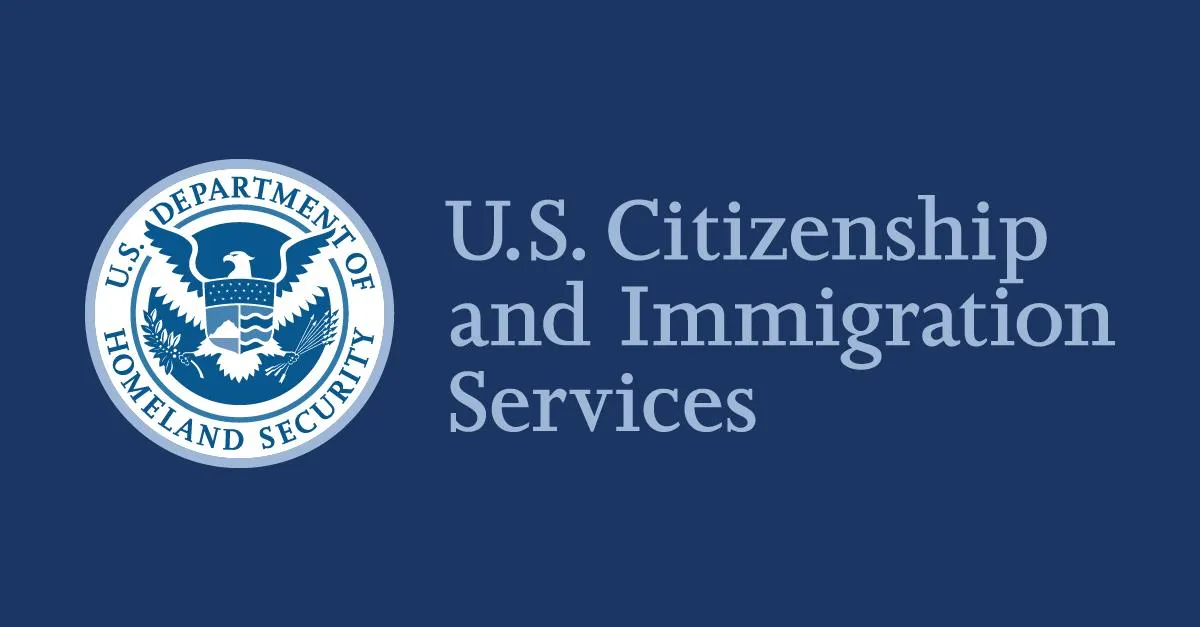
In a significant move directed by Secretary of Homeland Security Kristi Noem, U.S. Customs and Border Protection (CBP), along with Immigration and Customs Enforcement (ICE) and U.S. Citizenship and Immigration Services (USCIS), are increasing their efforts to review immigration records. This initiative aims to address the critical issue of visa overstays, which have been exacerbated by what some officials describe as the Biden Administration’s failure to enforce existing immigration laws.
This urgent crackdown follows the alarming arrest of 45-year-old Mohammed Sabry Soliman, who is accused of committing a heinous act of violence in Boulder, Colorado. Soliman, an Egyptian national, had overstayed his visa and was unlawfully residing in the United States since 2022. He faces serious charges, including federal hate crime accusations and multiple state felony charges, for allegedly setting at least eight Americans on fire in a shocking terrorist attack.
In her strong statement regarding this incident, Secretary Noem emphasized the government’s commitment to maintaining national security. She stated, “There is NO room in the United States for the rest of the world’s terrorist sympathizers. Anyone who thinks they can come to America and advocate for antisemitic violence and terrorism – think again. You are not welcome here. We will find you, deport you, and prosecute you to the fullest extent of the law.” This declaration underscores the administration's resolve to combat threats posed by individuals who violate immigration laws.
The intensified review of immigration records and the crackdown on visa overstays signal a potential shift in U.S. immigration policy. As authorities react to recent violent incidents, it is evident that the enforcement of immigration laws will be a top priority. This may lead to increased scrutiny of individuals who have overstayed their visas, impacting thousands of undocumented immigrants across the country.
The actions taken by Secretary Noem and the agencies involved reflect a broader strategy to enhance national security and ensure that those who violate U.S. immigration laws are held accountable. As the situation continues to evolve, the implications for both immigration policy and national security will be closely monitored by officials and the public alike.